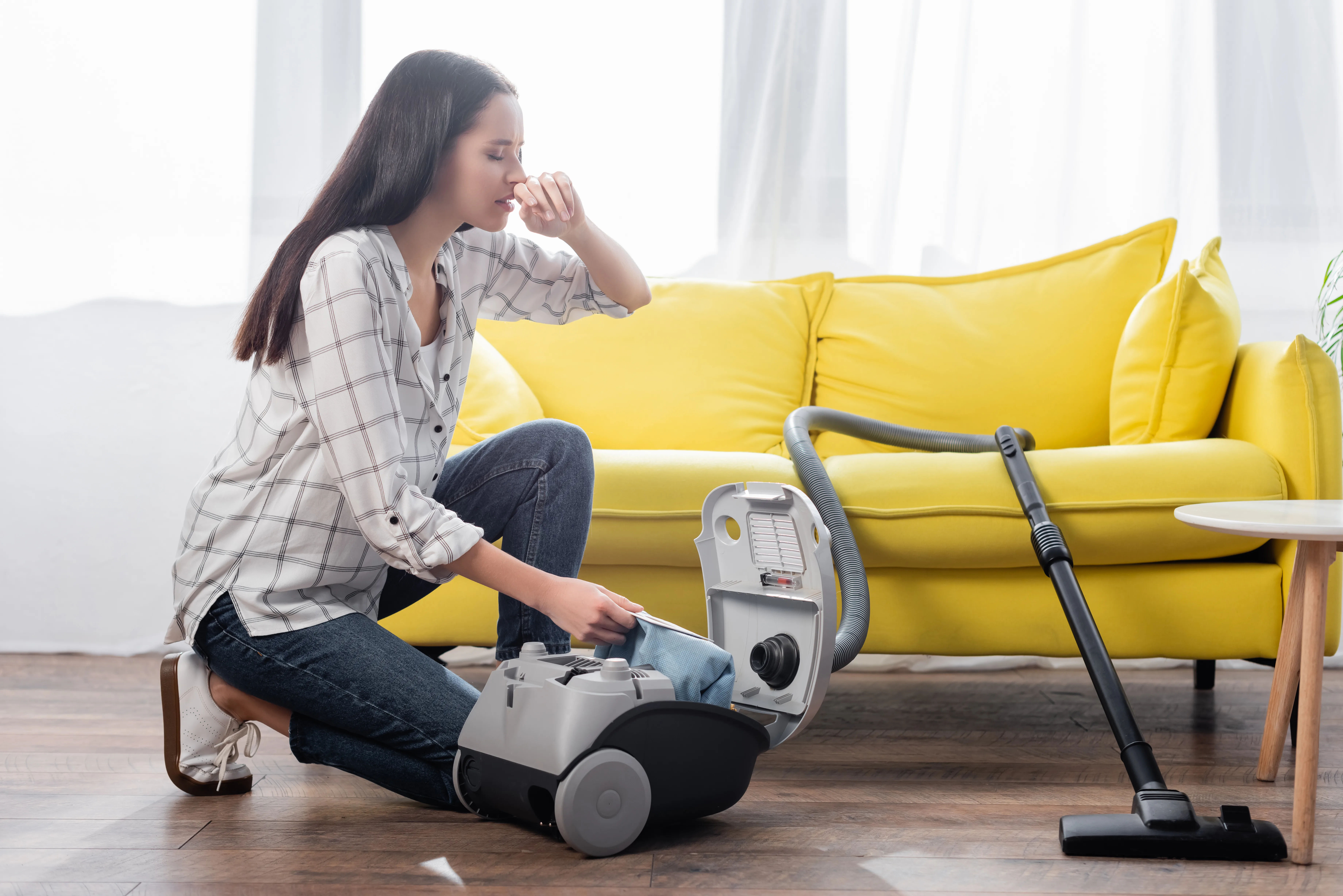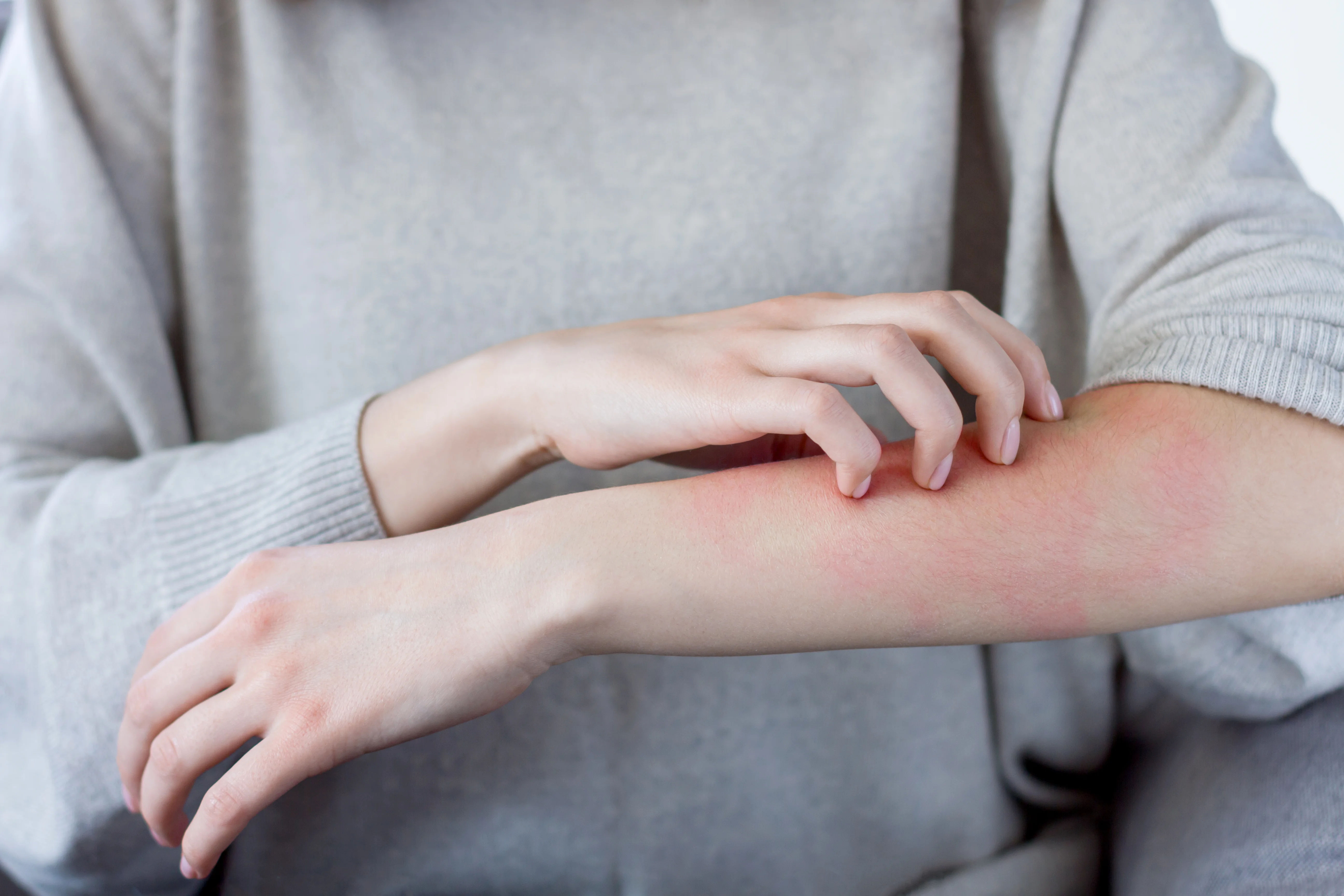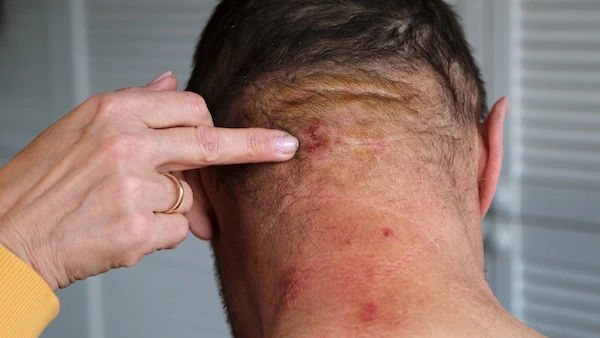Allergy Precautions and Prevention Tips
What does an allergy do to your body, common types of allergies, prevention tips for allergies and lifestyle changes tips and more


Allergy Precautions and Prevention Tips
Introduction
Allergies can be frustrating and sometimes even dangerous, but with the right precautions, you can manage them effectively. Whether you suffer from seasonal allergies, food allergies, or skin reactions, understanding how to prevent and minimise exposure to allergens is key to staying healthy and comfortable.
This guide will help you recognise common allergy triggers, take preventive measures, and adopt lifestyle changes that can make a big difference.
Understanding Allergies: What Happens in Your Body?
An allergy is your immune system’s overreaction to a harmless substance (allergen) like pollen, dust, or certain foods. When exposed, your body releases chemicals like histamine, leading to symptoms such as sneezing, itching, rashes, or even severe reactions like anaphylaxis.
Common Types of Allergies:
The common types of allergies include:
1. Seasonal Allergies (Hay Fever) – Pollen, grass, mold spores.
2. Food Allergies – Nuts, dairy, eggs, shellfish.
3. Skin Allergies – Latex, insect bites, certain fabrics.
4. Indoor Allergies – Dust mites, pet dander, cockroach droppings.
5. Drug Allergies – Penicillin, sulfa drugs.
Consult a Top general practitioner for the best advice
Allergy Prevention Tips for Different Types
1. Seasonal Allergies (Pollen, Mould, Grass)
Seasonal allergens include:
- Monitor Pollen Counts: Check weather apps for high pollen days and stay indoors when counts are high.
- Keep Windows Closed: Use air conditioning instead of open windows.
- Shower After Being Outdoors: Pollen sticks to skin and hair—rinse off to avoid nighttime symptoms.
- Wear Sunglasses & a Mask: Protects eyes and airways from pollen.
- Use a HEPA Air Purifier: Helps filter allergens indoors.
2. Food Allergies
The food allergens include:
- Read Labels Carefully: Look for hidden allergens (e.g., "may contain nuts").
- Inform Restaurants: Always mention your allergy when dining out.
- Carry an Epinephrine Auto-Injector (if prescribed): Essential for severe reactions.
- Avoid Cross-Contamination: Use separate utensils and cookware for allergy-free meals.
3. Indoor Allergies (Dust Mites, Pet Dander, Mould)
Indoor allergens include:
- Wash Bedding Weekly: Use hot water to kill dust mites.
- Use Dust-Proof Covers: For mattresses and pillows.
- Vacuum Regularly: Use a HEPA-filter vacuum cleaner.
- Control Humidity: Keep it below 50% to prevent mould growth.
- Bathe Pets Frequently: Reduces dander.
4. Skin Allergies (Eczema, Contact Dermatitis)
Skin allergens include:
- Moisturise Daily: Use fragrance-free creams to protect skin.
- Avoid Harsh Soaps: Choose hypoallergenic, gentle cleansers.
- Wear Gloves When Cleaning: Protects from irritants like detergents.
- Patch Test New Products: Apply a small amount before full use.
5. Severe Allergies (Anaphylaxis Risk)
Anaphylaxis-like situations include:
- Always Carry Emergency Medication: EpiPen or antihistamines.
- Wear a Medical Alert Bracelet: Helps others recognize your allergy in emergencies.
- Educate Friends & Family: Ensure they know how to help during a reaction.
Lifestyle Changes to Reduce Allergy Symptoms
The changes to reduce allergy symptoms include:
1. Boost Your Immunity
- Eat a balanced diet rich in vitamin C (citrus fruits, bell peppers), omega-3s (fish, flaxseeds), and probiotics (yoghurt, kefir).
- Stay hydrated to keep mucous membranes moist and less reactive.
2. Keep Your Home Allergy-Proof
- Remove carpets (they trap dust).
- Use a dehumidifier in damp areas.
- Wash stuffed toys and curtains regularly.
3. Practice Good Hygiene
- Wash your hands after touching pets or being outdoors.
- Avoid rubbing your eyes to prevent irritation.
4. Try Natural Remedies (After Consulting a Doctor)
- Nasal Saline Rinses: Flush out allergens.
- Local Honey (for mild pollen allergies): May help build tolerance.
- Quercetin-Rich Foods (onions, apples): Natural antihistamine properties.
When to See a Doctor?
If over-the-counter medications aren’t helping or if you experience:
- Difficulty breathing
- Swelling of the face/throat
- Severe rashes or dizziness
- Persistent symptoms despite precautions
A doctor may recommend:
- Allergy Testing (skin prick or blood tests)
- Immunotherapy (Allergy Shots) for long-term relief
- Stronger Prescription Medications
Final Thoughts
Allergies don’t have to control your life. By identifying triggers, adopting some lifestyle-changing tips, and taking preventive steps, you can significantly reduce symptoms and enjoy daily activities without constant discomfort.
Consult a Top general practitioner for the best advice
Consult a Top general practitioner for the best advice

Dr. Mainak Baksi
General Practitioner
13 Years • MBBS , MD (MPH)
Howrah
Mainak Baksi Clinic, Howrah
(50+ Patients)

Dr. Arcojit Ghosh
General Practitioner
10 Years • MBBS,MD (pharmacology), Diploma (Anaesthesiology), FCCS : Tropical Disease Certificate, Clinical Management of Diabetes, Integrated Diabetes & Endocrine certificate, CCEBDM,PG Diploma in Clinical Endocrinology & Diabetes, Masterclass in Diabetes Complication, PG course in Advanced Diabetes.
Kolkata
CG INCURE, Kolkata

Dr. Minakshi Dutta
General Practitioner
37 Years • MBBS
Bengaluru
Trini Healthcare Clinic | Healing, Health & Happiness, Bengaluru

Dr. Bulbul Biswas
General Practitioner
35 Years • MBBS, Diploma in Maternity and child welfare
Kolkata
HERSTEL CARE CLINIC, Kolkata

Dr. Arthi S
Family Physician
3 Years • MBBS
Bengaluru
PRESTIGE SHANTHINIKETAN - SOCIETY CLINIC, Bengaluru



